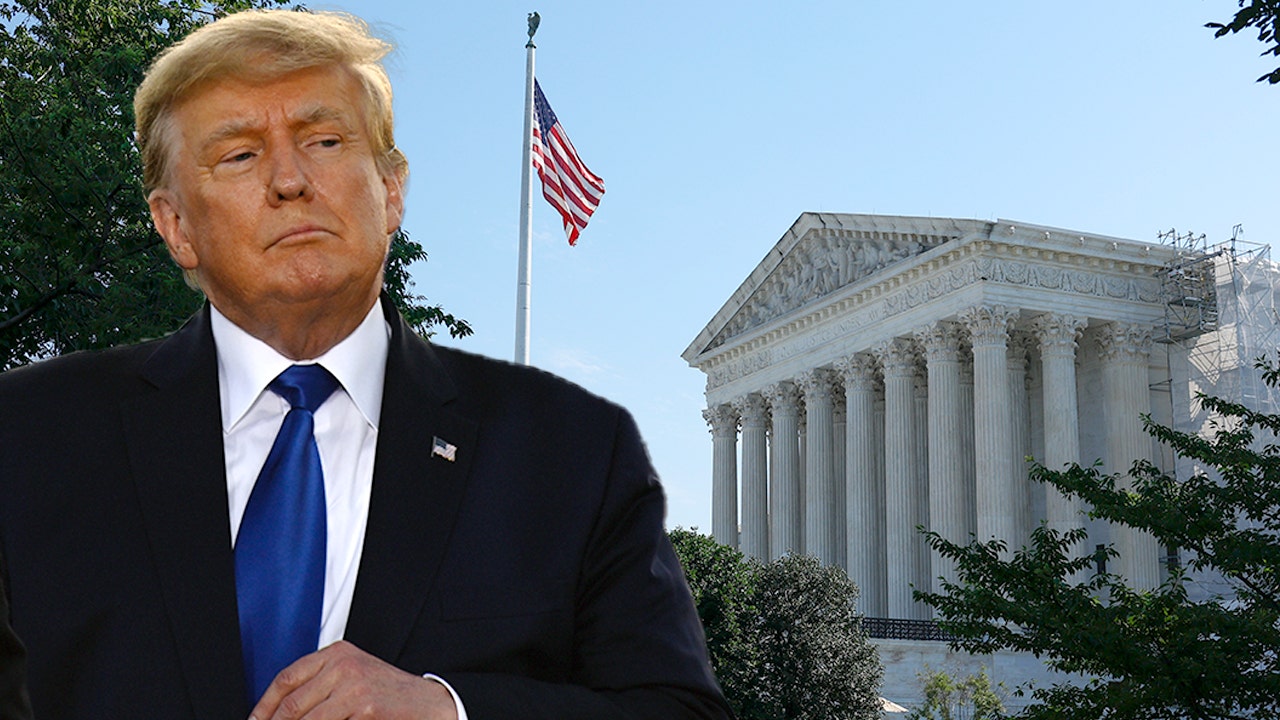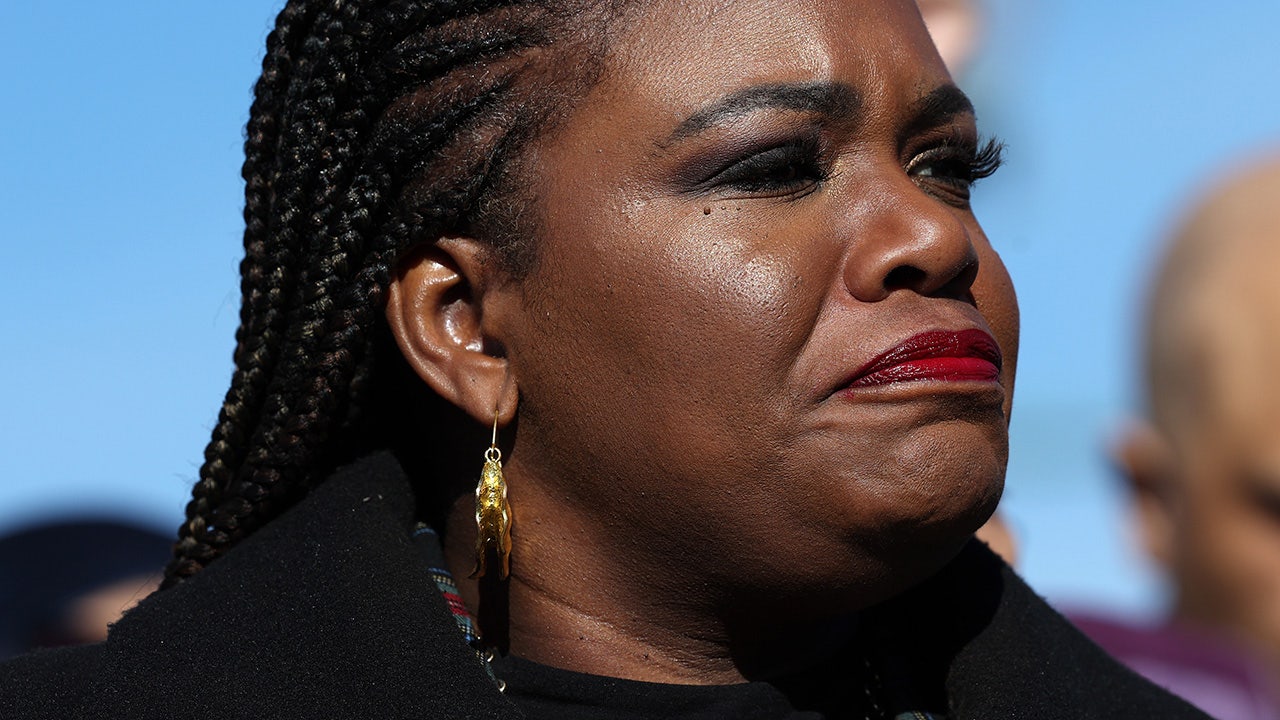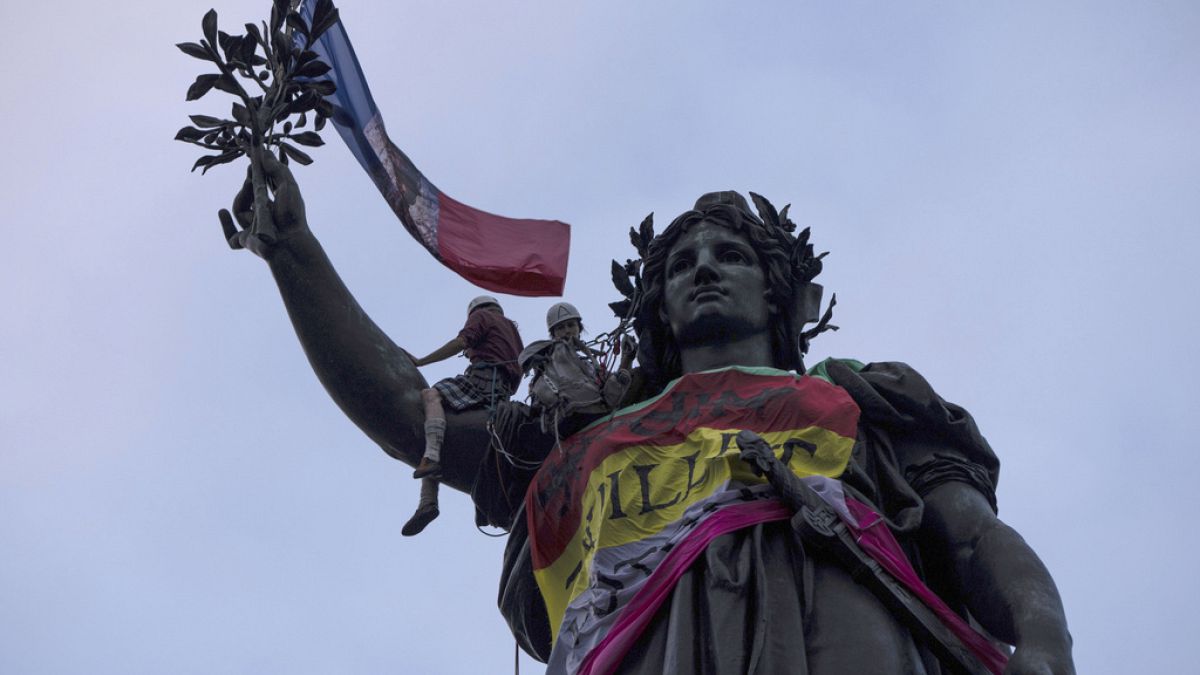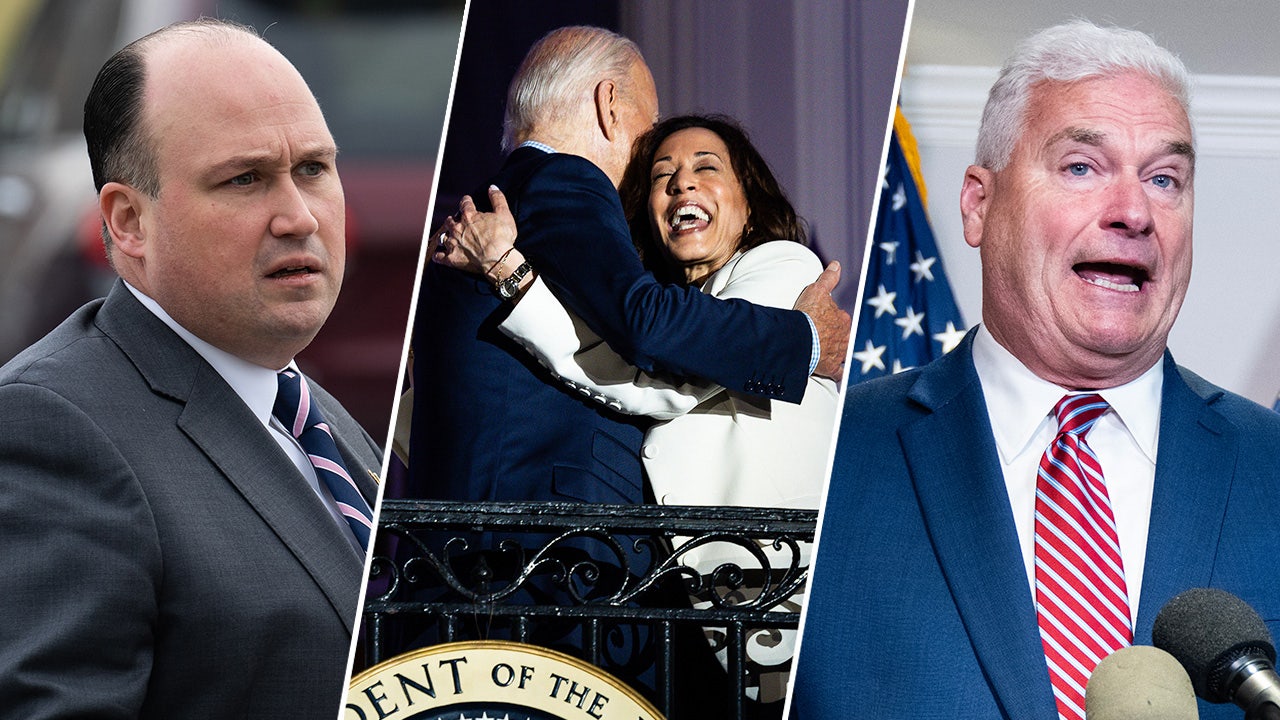Finance
Sella launches new Metaverse 4 Finance acceleration programme

The first edition of Metaverse 4 Finance included 117 applications from 26 countries and facilitated the final investment in 4 startups from the USA, United Kingdom, Romania, and Switzerland.
The second edition of the initiative will see the involvement of international partners, including web3 communities, law and compliance firms, metaverse factories, and tech companies that specialise in decentralised finance solutions based on layer 2 protocols. The end goal is to provide startups with the necessary tools, skills and support to accelerate their go-to-market.
The new version of Metaverse 4 Finance is promoted by Sella and implemented by its Venture Incubator dpixel with the support of OGR Torino. The programme was designed to identify and support international startups that are capable of developing innovative solutions and technologies in metaverse-applied finance.
The four key areas of application for Metaverse 4 Finance
The initiative focuses on technological solutions and decentralised infrastructures based on ‘low coding’, digital identity, interoperability, artificial intelligence, and security by design. It is also aimed at solutions that support web2 to web3 transitions while overcoming technological complexities and improving the user experience of the end customer.
The programme targets on-chain data analysis, tax reporting, and compliance. It can support the creation of dedicated AI solutions for the aggregate management of portfolios, augmented and virtual reality in B2B and retail, blockchain-as-a-service solutions and business models focused on NFT and tokenomics systems.
The initiative will also include four phases of development, which will be gradually implemented over a period of six months. During an initial scouting and selection phase, the best startups will be selected, while a second phase of business acceleration will support the business plan and identify the 10 best entities.
The products and solutions developed by the selected startups will go through a technical evaluation phase before moving on to matchmaking to provide the possibility of integrating the developed innovations in the processes of companies operating in the sector. At the end of the programme, dpixel has agreed to offer an investment worth EUR 100,000 to the 5 best-accelerated startups.
In June 2023, Sella also launched the Artificial Intelligence Business Incubator aimed at companies with projects based on AI-powered financial services. The Artificial Intelligence Business Incubator is an international incubation programme promoted by Sella and implemented by dpixel with the support of the Fintech District. The project aims to support the initial phase (pre-seed) of startups, researchers, entrepreneurial teams, university spin-offs, companies, and innovative projects in the field of artificial intelligence applied to finance.

Finance
NYS public-campaign-finance fraud exposes state board’s utter incompetence

New York state’s new public-campaign-funding scheme couldn’t be more ripe for fraud and abuse.
In the lead-up to the June 25 primaries, the state’s Public Campaign Finance Board doled out more than $8.6 million in matching-fund payments to 69 state legislative candidates — with no real guardrails to prevent shady candidates from ripping off the taxpayers.
The board looks to be as feckless as the Cannabis Control Board, which not-so-coincidentally was also launched under Gov. Andrew Cuomo.
In a fit of responsible local journalism, The New York Times has chronicled, how Dao Yin, a Flushing Democrat who filed to run for state Assembly, apparently used straw donors to scam the system out of $162,800 in taxpayer-financed matching funds.
Naturally, New York funds the most generous statewide public-matching-funds system in the nation: A single $50 donation nets $600 in public funds while a maximum $250 contribution garners $1,800.
For contributions between $5 and $250 from legislative district residents, the public match is 12-to-1 for first $50, 9-to-1 for next $100 and 8-to-1 for the following $100.
And the board’s “oversight” doesn’t seem to go much beyond sending out the checks.
The Times’ review of Yin’s contribution cards found a host of red flags:
- At least 48 alleged donors who said they never heard of Yin denied making the alleged contributions and said their signatures were forged; some said they no longer resided at the addresses listed.
- Almost $28,000 in cash coming from small donors.
- Most of his his donations, 80%, came in cash — about 15 times the average cash share of contributions for Assembly candidates participating in the system.
- Multiple “donor” records missing key required contact information or with other errors.
- Dao Yin was the campaign treasurer, chief fundraiser and candidate.
The board liaison to the Yin campaign missed all of this — and took Yin’s word that he sent so-called “good-faith” letters to validate questionable donors.
To be fair, the city Campaign Finance Board may have been as lax: For his 2020 borough president and 2021 City Council campaigns, he got over $1 million in city matching funds.
(The city board also needs to complete its 2023 City Council campaign audits, too, as the 2025 election season is upon us.)
The state idiocy was baked in from the start:
An April 2018 Siena poll found that nearly two-thirds of New York voters opposed public funding of state elections when told it would cost an estimated $100 million every two years — at least.
But Cuomo and the Legislature went ahead anyway, creating a commission to devise the system in March 2019.
They stacked it with political operatives, such as election lawyer and former de Blasio fixer Henry Berger and state Democratic Party boss Jay Jacobs — for whom Cuomo suspended a state regulation that prevented political party bosses from serving in “policy making” posts in state government.
Today, the PCFB chair and vice chair are former state lawmakers Barbara Lifton (D) and Brian Kolb (R): That is, bipartisan patronage posts.
But the geniuses also left basic guardrails missing, such as:
- Mandatory post-election audits of every campaign.
- Sufficient staff to review and monitor campaign filings.
- The board has no independent subpoena power to pursue rogue campaigns.
Hundreds of millions of dollars in taxpayer money for political appointees to dole out is a magnet for the corrupt.
The state program is a boon for incumbent lawmakers and their unscrupulous challengers — and another needless drain on taxpayers’ wallets.
Finance
NYS' $100M program to publicly finance campaigns prompts an emergency fix

ALBANY — New York State has issued an emergency order to better verify contributors to campaigns before the state matches cash contributions under the new public campaign financing program.
The order was made two days after the June primary and in the midst of the program’s biggest rollout leading to the November legislative elections. It followed a media report that claimed the system was abused by an Assembly candidate who secured nearly $163,000 in taxpayer funds under the program, some of it with cash donations without a way to verify or contact the contributor.
The emergency amendment approved by the New York State Public Campaign Finance Board on June 27 requires that “contribution cards” that were already required for cash donations must include a phone number or email address so contributors can be verified.
The State Legislature created the program to limit the influence of wealthy donors. This election year, the first major use of the program, has drawn 316 candidates vying for 213 state legislative races. They have qualified to receive part of $100 million in state-funded matches to encourage small donations, $5 to $250, from individuals.
WHAT TO KNOW
- The state has issued an emergency order to better verify contributors to campaigns before the state matches cash contributions under the new public campaign financing program.
- The amendment, which came after a media report of abuse of the system, requires that “contribution cards” for cash donations include a phone number or email address so contributors can be verified.
- This election year is the first major use of the program and has drawn 316 candidates vying for 213 state legislative races. They have qualified to receive part of $100 million in state-funded matches.
The response to the program by challengers and incumbents has exceeded the predictions of even the program’s most ardent supporters, but hasn’t come without problems.
The amendment came after The New York Times reported on fundraising by Assembly candidate Dao Yin in the June 25 primary. The Times said the Queens Democrat used “fake donations and forged signatures” in a campaign that received almost $163,000 in taxpayer money under the new public finance system.
Yin denied he faked contributions. “Everything we say is distorted” in the news media, Yin told Newsday.
In a written statement, he said his campaign workers “adhered to all the necessary procedures to meet the matching funds requirements. In the event of any inadvertent errors, they are actively collaborating with the New York State Public Campaign Finance Board to rectify them.”
The amendment resolution approved by the campaign finance board said, “Mandating that the contributor’s phone number or email address be provided on a contribution card would greatly assist in the audit and process of contributions in order to pay matchable funds, but are not currently required to be provided.”
“The matching claim would be denied until that information is supplied,” said William J. McCann, co-program manager of the public campaign finance unit, at the June 27 meeting.
The amendment also ends the use of “good-faith letters” that campaigns can attach to donations with too little information to verify the identity of the contributor. Campaigns could provide the letter to say they tried but failed to get the information. Before the amendment, that could have allowed a campaign to receive a matching fund from the state.
“The implementation of the policy of accepting good-faith letters was not a regulation, but rather adopted during program development by bipartisan staff,” said Kathleen McGrath, spokeswoman for the state Board of Elections. “The good-faith letters were to capture a phone number or email address of a cash contributor if not included on the associated contribution card. These data points were not required to be submitted by a committee under the statute for public funds matching, but were an effort by the [state Public Campaign Finance Board] to go above and beyond in auditing submissions. “
With the amendment, “The policy of accepting good-faith letters has been rendered moot,” McGrath said.
The state Board of Elections didn’t immediately release data on the number of letters of good faith that have been accepted. Newsday has requested the data under the Freedom of Information Law.
Two other complaints were handled this year as part of the public campaign financing program, according to Public Campaign Finance Board records.
In April, the board received a complaint that Democrat Gabi Madden’s campaign violated state election law by using a prohibited “game of chance” as a fundraiser in her unsuccessful race to represent parts of Dutchess and Ulster counties in the Assembly. In June, the board dismissed the case without further enforcement action after the campaign refunded the contributions.
In May, the board investigated a complaint that Madden’s campaign failed to report expenditures or in-kind contributions for use of the campaign office. In June, the board dismissed the case without further enforcement action after the campaign amended its required financial disclosures.
At the same June 27 meeting in which the state Public Campaign Finance Board approved the emergency amendment, the board also authorized a referral to law enforcement in another case without saying who or which campaign was the subject of the referral.
McGrath wouldn’t comment.
Board vice chairman Brian Kolb, a Republican who when he served in the Assembly opposed public financing of campaigns, defended the rollout.
“We have a very solid process in place,” Kolb told Newsday. “With any new program, you might find some things that we probably should do a little bit differently … but if there are any issues, we fix them and that’s the whole approach.”
Blair Horner of the New York Public Interest Research Group, which supported public financing of campaigns, said “it’s not surprising there are hiccups the first time through.”
He said the Legislature should review this first year’s performance to determine if any changes are needed to improve accountable and thwart “people who are looking to game the system.”
Finance
Maple Finance TVL More Than Doubles Leading Up to New Retail Arm – The Defiant

The DeFi protocol hit all-time high TVL and revenue in June.
Maple Finance’s total-value locked (TVL) growth is accelerating after the launch of its retail-focused product, Syrup.fi.
Maple’s TVL increased by 123% in the second quarter, hitting an all-time high of $230 million, according to Dune Analytics. The protocol’s quarterly revenue also jumped by 39%. Maple’s strong performance in June was capped off with the launch of Syrup.fi on June 25. The rest of the DeFi market increased by roughly 9% in the same time period, per DeFiLlama.
The growth spurt is indicative of the demand for institutional-grade products leveraging high yield and real world assets (RWAs) as well as the anticipation for a retail extension of Maple Finance. The current structure is also well incentivized, with Maple users earning up to 23% on digital assets, and Syrup users accruing “Drips”, which are akin to points.
Co-founder Joe Flanagan told The Defiant, “Maple’s growth is attributed to our secured lending products that provide yield from loans to the largest institutions fully backed by digital assets.”
He continued, “we are providing the best risk-adjusted yield in the space and people are starting to recognize it.”
Maple Finance is a decentralized finance (DeFi) market designed to connect accredited investors with institutional lenders and borrowers. Maple is only available to users who have performed know-your customer checks and meet regulatory standards for the product.
Maple’s resurgence comes after its TVL got crushed during the FTX fallout, when $36 million worth of loans owed to Maple were defaulted on.
Retail-Focused Syrup.fi
In addition to its institutional product, the team has recently launched a retail-focused arm, dubbed Syrup.fi. The team is gradually rolling out Syrup.fi, which has accrued more than $13 million in TVL since its launch on June 25.
Syrup offers permissionless access to Maple’s yield, which is generated from collateralized lending to institutions. The product will also return composable LP tokens in the form of syrupUSDC, which can be utilized elsewhere in DeFi.
Syrup users will be accumulating Drips through Maple’s muti-season early access phase. Drips will entitle users to an allocation of Maple’s upcoming Syrup token, which is expected to migrate with their MPL token in Q4 2024.
High-Yield Secured Pool
Maple’s recent outperformance began prior to the launch of Syrup.fi, with the launch of its High Yield Secured pool, touting a target of 15% net APY.
The protocol’s secured lending arms are over-collateralized with liquid digital assets such as BTC, USDC, and ETH. Currently, Maple’s secured pools make up $147 million of its $230 million TVL.
Maple Cash is the platform’s RWA pool that is backed by short-dated U.S. Treasury bills. Maple Cash’s TVL has doubled since March, increasing to $20 million from $11 million, however it does still sit below its all-time high TVL of $31 million from October 2023.
Syrup’s season one will end on July 31, with the MPL token migration slated for Sept. 30.
-

 News1 week ago
News1 week agoToplines: June 2024 Times/Siena Poll of Registered Voters Nationwide
-
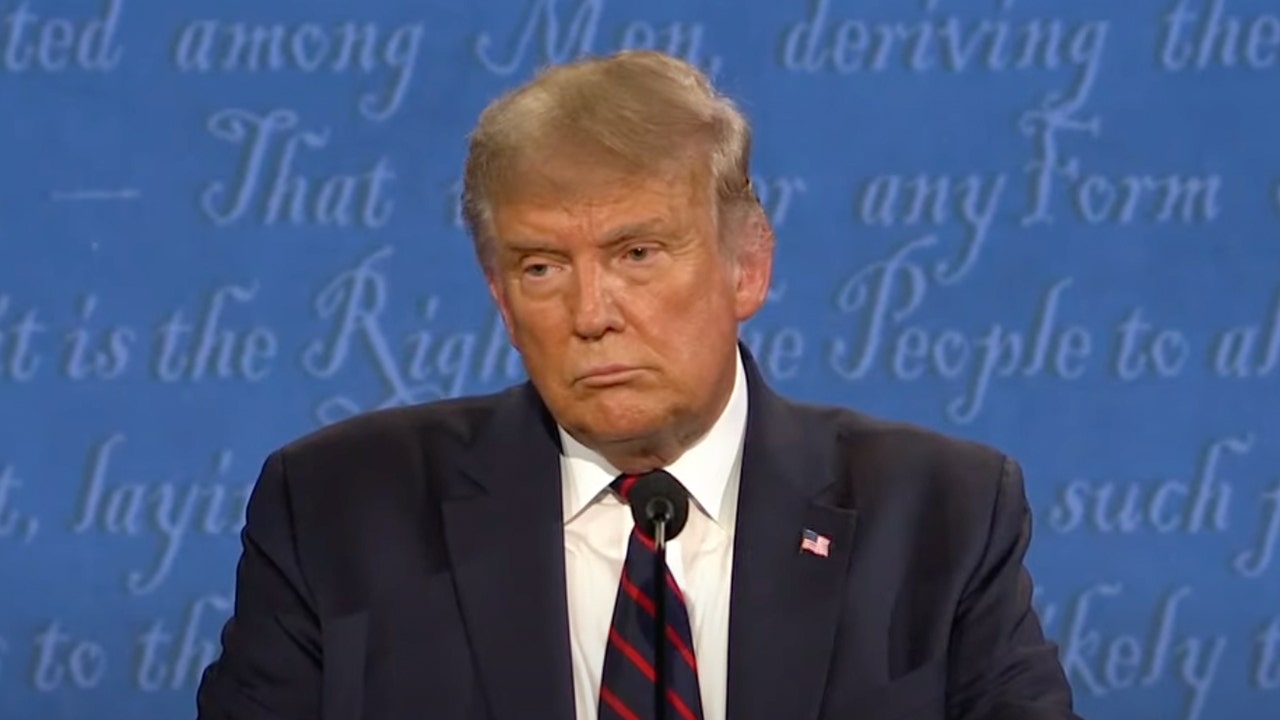
 Politics1 week ago
Politics1 week agoThe many faces of Donald Trump from past presidential debates
-

 World1 week ago
World1 week agoTension and stand-offs as South Africa struggles to launch coalition gov’t
-

 Fitness1 week ago
Fitness1 week agoExercise may lower the ALS risk for men — but not women: new study
-

 World1 week ago
World1 week agoBolivia foils coup attempt: All you need to know
-
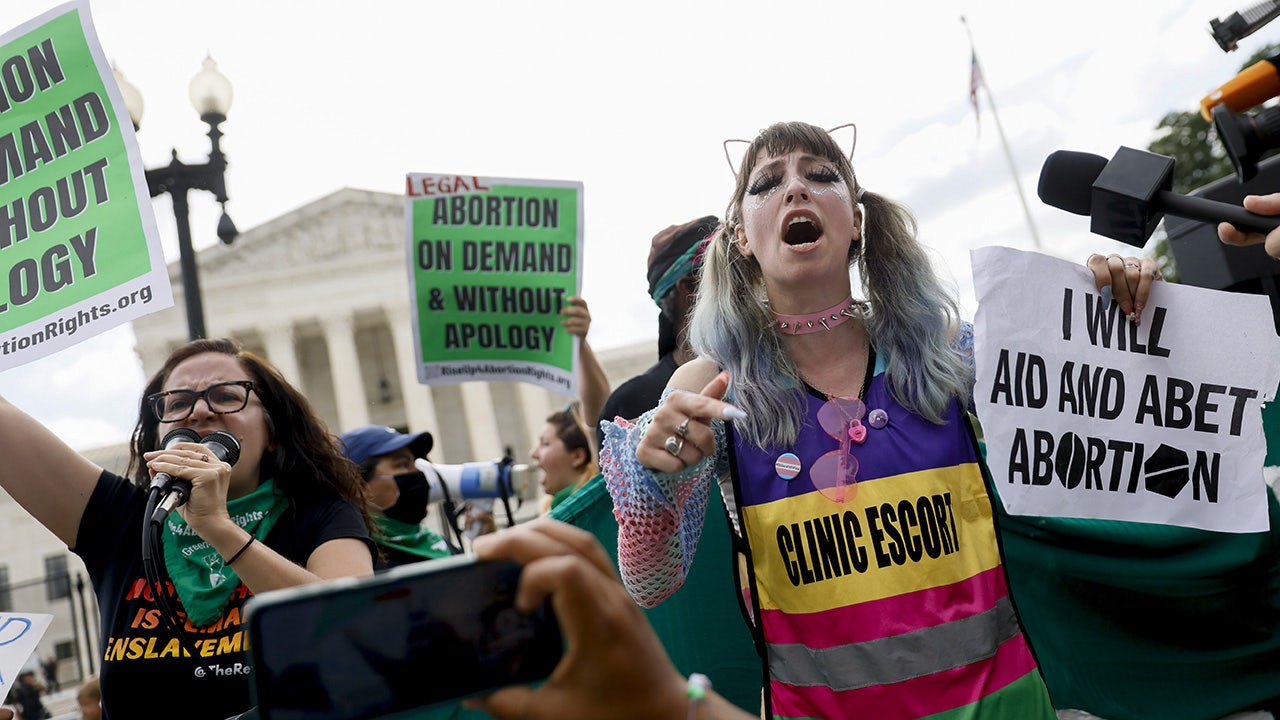
 Politics1 week ago
Politics1 week agoSupreme Court rules to allow emergency exceptions to Idaho's abortion ban
-

 News6 days ago
News6 days agoVideo: How Blast Waves Can Injure the Brain
-

 News1 week ago
News1 week agoSupreme Court denies Steve Bannon's plea to stay free while he appeals










